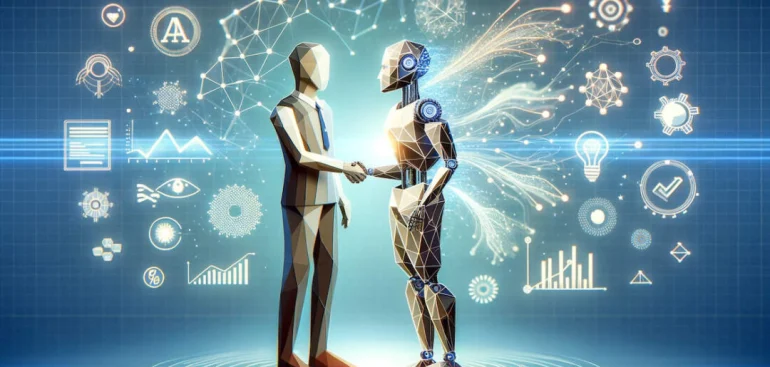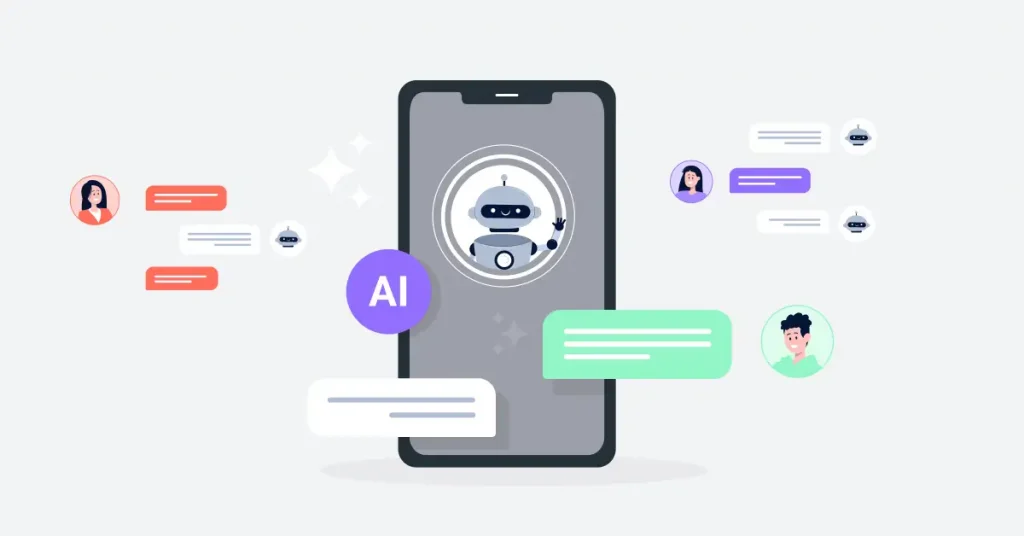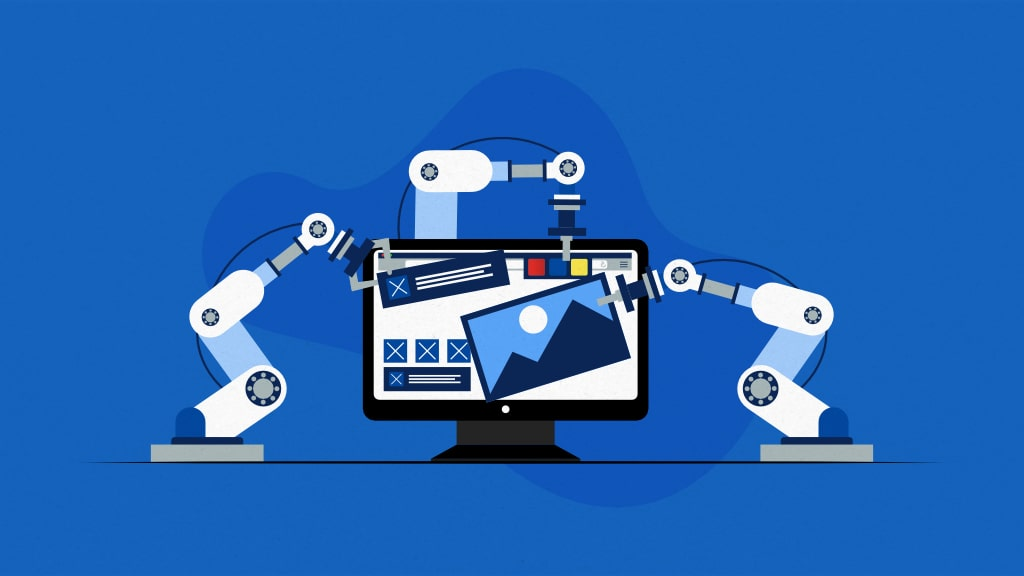The futuristic idea of artificial intelligence (AI) is no longer exclusive to Silicon Valley startups or tech behemoths. By 2025, artificial intelligence (AI) will have completely changed how small businesses function, interact with clients, and compete in the marketplace. AI is making small businesses work smarter, not harder, by automating processes, enhancing customer experiences, and producing insights from data.
How precisely is AI altering the game, then? Let’s dissect it.
1. AI chatbots for smarter customer service
Small firms no longer require a full-time customer service staff to respond to all of their inquiries. These days, chatbots driven by AI manage orders, answer frequently asked questions, and offer immediate support around the clock.
- For instance, a small eCommerce shop can utilize a chatbot, such as ChatGPT or Tidio, to provide real-time, after-hours client service.
- Impact: Shortens response times, boosts client satisfaction, and frees up human workers for more difficult jobs.
2. Automated Customized Promotion
AI assists small firms in developing marketing efforts that are highly targeted marketing efforts. Data is used by programs like HubSpot and Mailchimp with AI capabilities to customize emails, social media postings, and even product suggestions.
- For instance, a customer’s browsing history can be used by an online boutique to automatically deliver tailored product recommendations.
- Impact: Improves return on investment (ROI), raises sales, and boosts engagement.
3. Financial Management Driven by AI
Small business entrepreneurs may find it difficult to handle their finances. Machine learning is currently used by AI-powered accounting programs like Xero and QuickBooks to classify spending, identify irregularities, and even predict cash flow.
- AI tools, for instance, can be used by a nearby bakery to forecast inventory requirements and prevent overspending.
- Impact: Reduces errors, saves hours of manual labor, and enhances budgeting.
4. Utilizing Predictive Analytics to Make Better Choices
AI tools can help small firms make better decisions by analyzing historical data and forecasting future trends. This is especially helpful for pricing plans, market trends, and inventory management.
- Predictive analytics, for instance, can be used by a clothes retailer to stock up on in-demand items ahead of the season.
- Impact: Keeps companies ahead of the curve, increases earnings, and minimizes waste.
5. Automating Daily Activities
Automate repetitive tasks like sending invoices, posting to social media, and gathering leads by connecting several apps with AI-driven automation platforms like Make.com or Zapier.
- For instance, a digital marketing firm can automate lead nurturing, including email follow-ups and contact forms.
- Impact: Increases productivity, decreases manual errors, and saves time.
6. Strengthened Cybersecurity
Small businesses are just as susceptible to cyber dangers as huge corporations. Real-time threat detection and response are now possible with AI-powered cybersecurity tools.
- Example: A small business may keep an eye out for suspicious activity and stop data breaches by using AI tools like CrowdStrike or Darktrace.
- Impact: Preserves private information and fosters consumer trust.
Concluding remarks
By 2025, small businesses that wish to remain competitive must use AI; it is no longer a luxury. AI helps business owners do more with less by improving decision-making and automating chores. The secret is to deliberately embrace technology rather than to be afraid of it.




